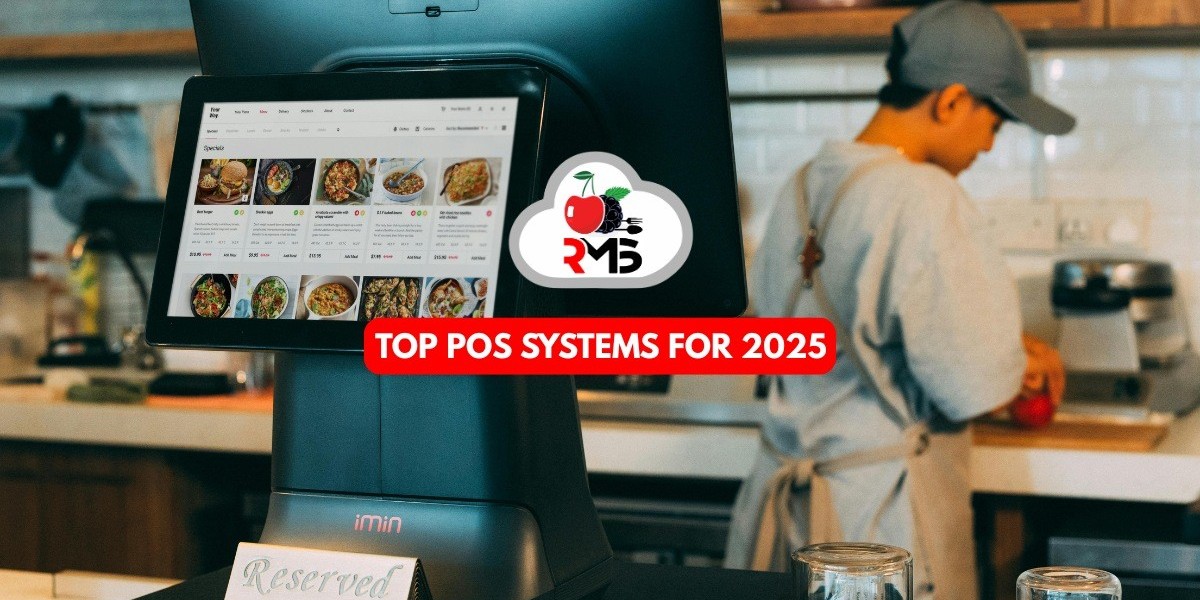In today’s competitive restaurant industry, delivering excellent customer service is just as important as serving delicious food. Diners expect convenience, quick responses, and personalized experiences when placing orders, making reservations, or asking for support. For many restaurants, managing these expectations can be challenging, especially during peak hours. This is where Call Centers play a crucial role. By integrating professional call center services, restaurants can enhance efficiency, improve customer satisfaction, and streamline their day-to-day operations.
In this article, we’ll explore the significance of call centers for restaurants, their essential role, the improvements they bring to efficiency, and the benefits they offer to both customers and business owners.
What Is a Restaurant Call Center?
A restaurant call center is a centralized service that handles inbound and outbound customer communication. Instead of having restaurant staff juggle phone calls while managing in-house diners, call centers provide dedicated support for:
- Taking orders (delivery and takeaway)
- Managing reservations
- Responding to inquiries about the menu, pricing, or promotions
- Handling customer complaints
- Promoting offers or loyalty programs
With trained agents and modern technology, call centers act as an extension of the restaurant, ensuring customers receive prompt and professional assistance.
Why Are Call Centers Important to Restaurants?
The restaurant business thrives on customer satisfaction. One bad experience—such as unanswered calls, delayed orders, or poor complaint handling—can prompt customers to switch to competitors. Here’s why call centers matter:
- Consistency in Service – Every customer receives the same quality of response.
- Availability – Call centers often work beyond standard restaurant hours, ensuring no customer inquiry goes unanswered.
- Efficiency – They reduce the burden on in-house staff, letting them focus on serving guests.
- Scalability – As restaurants expand (multi-branch or franchises), call centers provide centralized support.
- Data Collection – They track customer preferences and feedback, helping restaurants make data-driven decisions.
How Do Call Centers Improve Customer Service in
Restaurants?
1. Faster Response Times
When customers call to place an order or reserve a table, long hold times can be frustrating. Call centers use advanced software and trained staff to minimize wait times, ensuring customers get immediate attention.
2. Accurate Order Taking
One of the most common issues in restaurants is miscommunication over the phone. Call center agents are trained to confirm orders accurately, reducing errors and enhancing customer satisfaction.
3. Personalized Customer Experience
Modern call centers often integrate CRM (Customer Relationship Management) systems, enabling agents to view a customer’s order history. This allows them to suggest favorite dishes, recommend new items, or offer loyalty rewards—creating a personalized dining experience.
4. Multilingual Support
In diverse cities like Lahore or Karachi, customers may prefer communication in their native language. Call Centers Provide multilingual support, ensuring clarity and comfort for every caller.
5. Complaint Resolution
Handling complaints effectively is crucial. A dedicated call center ensures customers are heard, their issues are logged, and resolutions are provided quickly—turning potentially negative experiences into positive ones.
How Do Call Centers Improve Restaurant Efficiency?
1. Streamlined Operations
By outsourcing calls to a dedicated team, restaurant staff can focus entirely on food preparation and in-house service. This leads to smoother operations and better experiences for dine-in customers.
2. Centralized Reservation Management
Instead of each branch managing its own reservations, a call center can handle bookings for multiple locations. This prevents double bookings and ensures accurate table availability.
3. Marketing and Promotions
Call centers can run outbound campaigns to inform customers about new deals, seasonal menus, or discount offers—helping restaurants increase sales and customer loyalty.
4. Data and Analytics
Every customer interaction is recorded and analyzed. This provides insights into peak call times, common complaints, and customer preferences, allowing managers to make more informed business decisions.
5. Cost Savings
Instead of hiring additional in-house staff to answer phones, restaurants can rely on call centers at a lower cost while ensuring professional service.
Which Restaurants Benefit Most from Call Centers?
While every restaurant can benefit from call centers, they are beneficial for:
- Large restaurant chains – Centralized call management for multiple branches.
- Fast-food outlets – High volume of takeaway and delivery orders.
- Fine dining restaurants – Detailed reservation handling and personalized guest management.
- Cafés and casual dining spots – Efficient handling of online and phone orders.
When Should a Restaurant Consider Outsourcing to a Call Center?
A restaurant should invest in call center support when:
- They receive more calls than staff can handle during peak hours.
- They want to expand to multiple branches and need centralized reservations.
- They aim to improve delivery services with faster order processing.
- They want to reduce customer complaints caused by communication errors.
- They are focusing on data-driven growth and customer loyalty programs.
The Future of Restaurant Call Centers
The future of call centers is more digital than ever. Many are now integrating with:
- AI-powered chatbots for quick responses
- Cloud-based CRM systems for better customer data management
- Omnichannel support (phone, WhatsApp, social media, email)
- Real-time order tracking for delivery updates
This shift ensures that call centers are not just about answering phones but also about creating seamless customer experiences across multiple platforms.
Conclusion
In the fast-paced restaurant industry, success depends on more than just good food. Customers demand convenience, quick responses, and personalized service. Call centers bridge this gap by ensuring restaurants provide consistent, professional, and efficient customer support. They enhance satisfaction, reduce staff workload, and create opportunities for data-driven growth.
For restaurants in Pakistan looking to scale, integrating call center services is no longer a luxury—it’s a necessity. With reliable solutions from CherryBerry RMS, restaurants can streamline communication, boost customer loyalty, and stay ahead in the competitive market.







